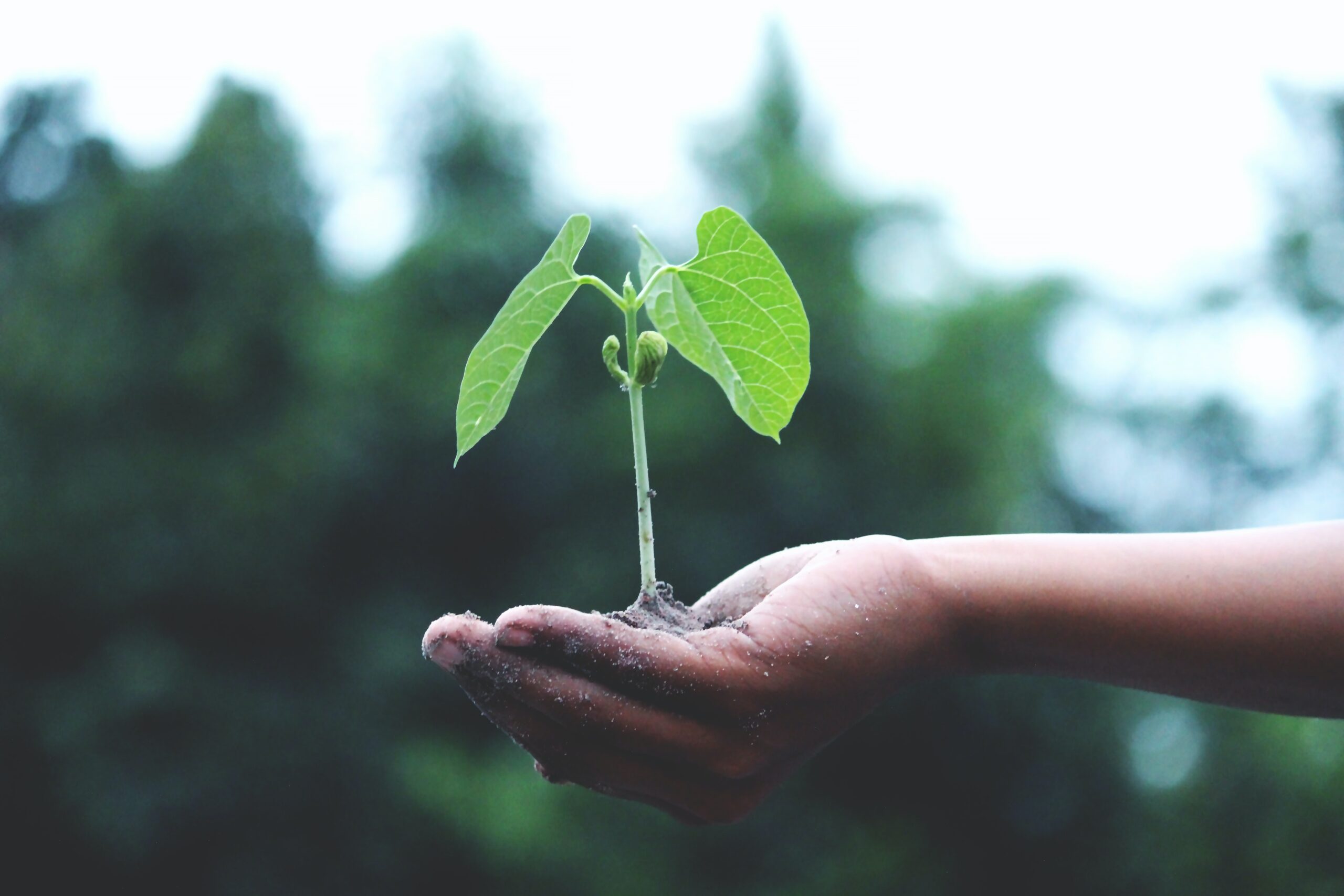
There is good news for all those who wanted to save the planet but did not want to try veganism. The bad news is you might just have to give up meat, or at least quite a lot of people will have to.
Researchers from the United Kingdom and the USA saw five kinds of wide fixes to the food framework and determined how they battle global warming. They found out that examining a smorgasbord of halfway fixes for each of the five, rather than simply jumping into the mixed-up salad bar plate, can take care of business.
If the world food framework keeps on going into the direction it’s currently trudging on, it will deliver close to 1.5 trillion tonnes of ozone harming substances (practically 1.4 trillion metric tonnes) throughout the following 80 years, the examination found.
This catastrophic amount of harmful substances originates from manure, food waste, burping dairy animals, and soil erosion. These many discharges — regardless of whether the whole globe quits copying non-renewable energy sources which produce twice as much carbon contamination as food — is sufficient to almost certainly warm Earth by more than the objectives outlined in the Paris climate accord, 2015.
These analysts also found out that:
● An almost complete change to a plant-rich eating regimen worldwide could cut very nearly 720 billion tonnes of ozone harming substances.
● If nearly everybody ate the correct number of calories depending on their age, which is about 2,100 calories per day for some grown-ups, it would cut around 450 billion tonnes of ozone harming substances—greenhouse gases.
● If farming/cultivating got more carbon proficient — by utilizing less manure, overseeing soil better, and improving crop rotation — would cut down almost 600 billion tonnes of ozone-depleting substances or greenhouse gases.
● If ranches could increment yield through hereditary qualities and different techniques, it would manage nearly 210 billion tonnes of ozone harming substances.
● Suppose individuals squander less food either on their plates, in cafés, or by getting it to individuals in more unfortunate nations. In that case, that will take out almost 400 billion tonnes of ozone-depleting substances.
Safety of the planet
Or then again, if the world does every one of those five things yet just most of the way, outflows would fall by very nearly 940 billion tonnes. Furthermore that, cuts in the number of fossil fuels that are used would give the world a possibility of forestalling another 0.5 to 1.3 degrees (in Fahrenheit) of warming, which is something that the Paris accord intends to do, the investigation found.
Just imagine, only this needs to be done for the planet (and the human species) to survive another few centuries—just a thought! While many countries and governments are taking conscious steps towards improving the amount of greenhouse gas emissions from their respective areas, as individuals, people need to step up too.
Awareness
People will also have to spread awareness, stop discriminating against those who are vegans, and support farmers not just switching up to a plant-based diet. It’s a cycle: once people realize the impact they have on the environment and try their best to correct their habits, nature will have good effects in return, and all humankind will be able to live in peace.
It might seem like a romantic or idealistic thought, but this is the only viable and most probably successful option that people have left. Instead of sitting around and watching the world fade out, something has to be done.
